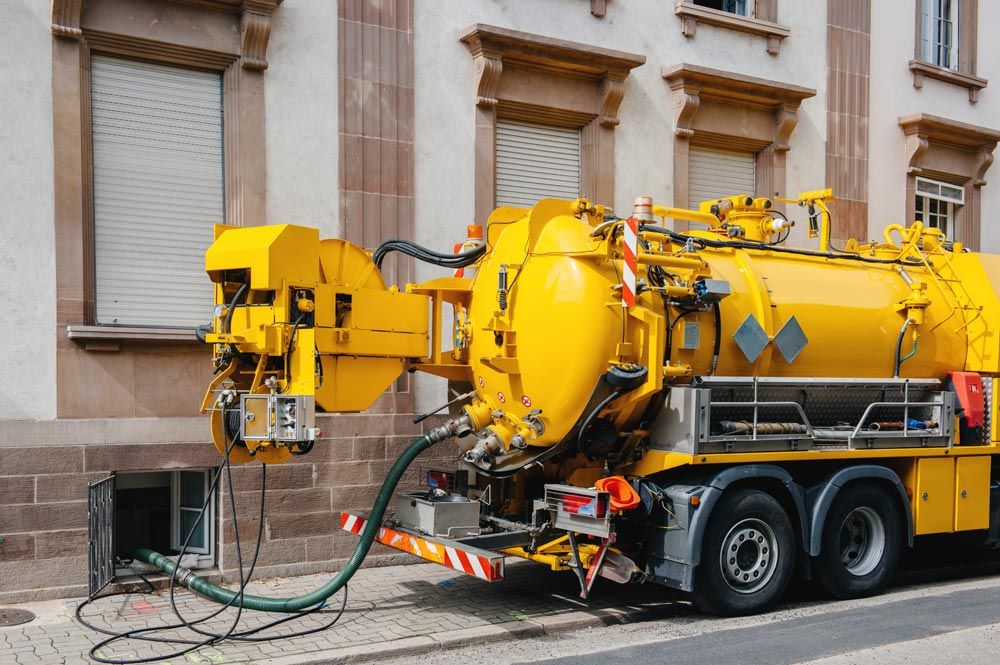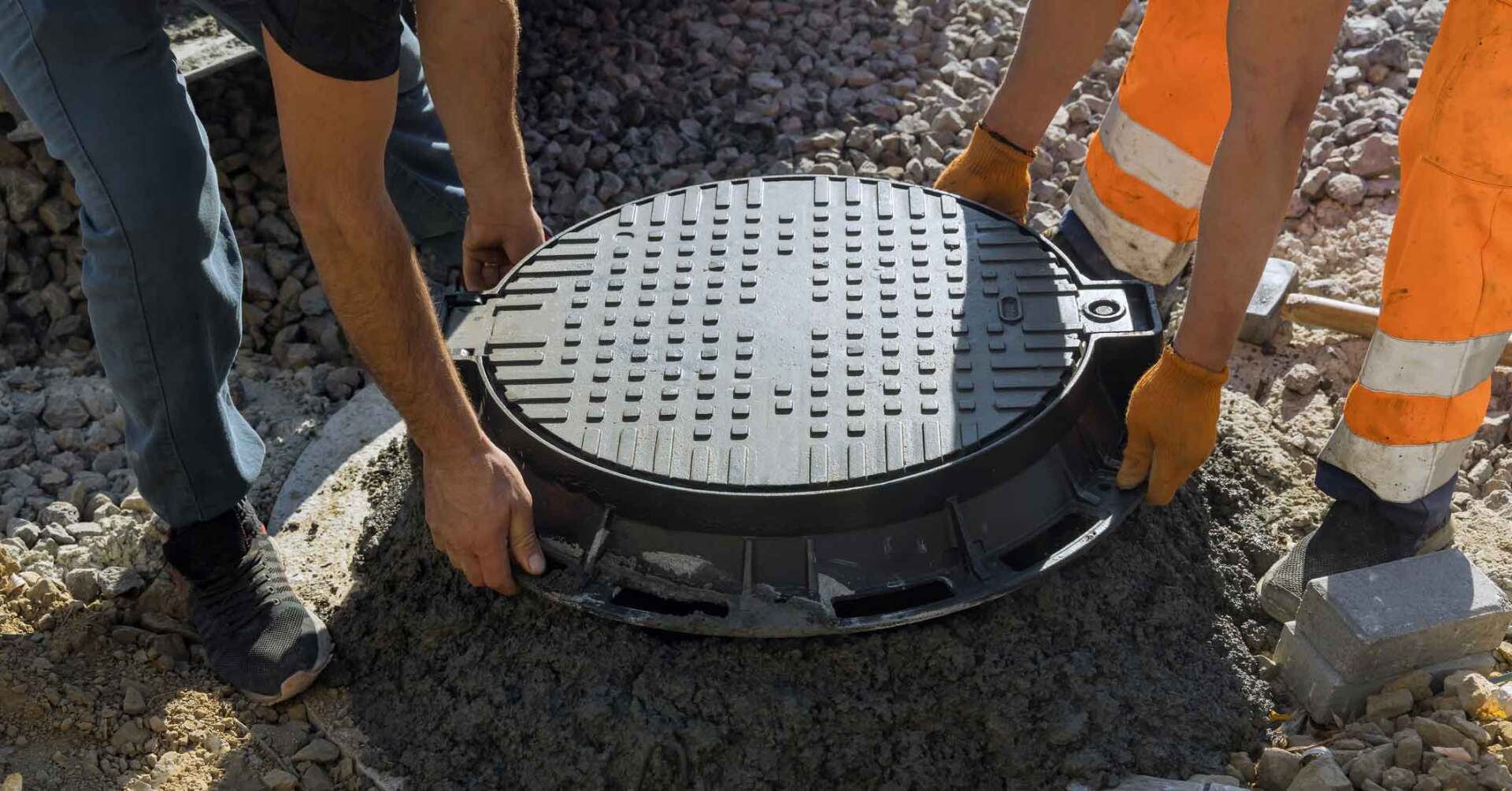5 Items You Should Never Put Down The Toilet Or The Drain
- By Admin
- •
- 08 Sep, 2017
- •

There are all kinds of items you should not flush down the toilet or put down the drain. The wrong items can clog up your pipes or cause distress to your wastewater treatment. Here's a look at some of the items people mistakenly flush down the toilet or put down the drain and a few explanations on why you shouldn't do that.
1. Feminine Hygiene Products and Diapers
Ideally, you should not flush tampons, pads, or diapers down the toilet. All of these items are made to absorb water, and they are not designed to break down easily in your system. In particular, pads and diapers may clog pipes as they get wet and expand. If these items make it to your residential treatment tank, they may clog up the system there or throw off the chemical balance.
Instead, throw these items away, or even consider replacing them with reusable alternatives such as silicone menstrual cups or cloth diapers. Even paper towels, tissues and wipes don't break down as easily as toilet paper, and if possible, you should avoid flushing them as well.
Instead, throw these items away, or even consider replacing them with reusable alternatives such as silicone menstrual cups or cloth diapers. Even paper towels, tissues and wipes don't break down as easily as toilet paper, and if possible, you should avoid flushing them as well.
2. Old Medications
You may not want to keep old medications around your home, but you definitely shouldn't flush them down the toilet either. As the pills breakdown, they can affect the surrounding environment in all kinds of ways. In particular, researchers from England have recently discovered that one in five male fish is displaying feminine qualities.
Shockingly, that includes laying eggs, and researchers speculate that the issue derives from contraceptive pills being flushed down the drain. Other types of medication can also have an effect.
Shockingly, that includes laying eggs, and researchers speculate that the issue derives from contraceptive pills being flushed down the drain. Other types of medication can also have an effect.
3. Fish
Speaking of fish, the classic fish funeral involves sending the little guy down the toilet. Instead of burial at "sea", you may want to just set up a small fish cemetery in your yard. Flushing fish can lead to problems in your residential wastewater treatment equipment, but the issues can go beyond that.
In Alberta, Canada, government officials recently warned citizens not to flush their goldfish. The fish were not always dead, and as a result, the invasive species took over the waterways. Some officials have found goldfish as big as dinner plates. A lot of this issue has been traced to releasing the fish directly into waterways, but to be on the safe side, you should avoid flushing fish as well.
In Alberta, Canada, government officials recently warned citizens not to flush their goldfish. The fish were not always dead, and as a result, the invasive species took over the waterways. Some officials have found goldfish as big as dinner plates. A lot of this issue has been traced to releasing the fish directly into waterways, but to be on the safe side, you should avoid flushing fish as well.
4. Grease
Grease may be liquid when you pour it down the drain, but as it gets cold, it can congeal and form clots. In the wastewater treatment equipment, in particular, it can coat the sides of the equipment and the pipes. Most people don't flush grease down the toilet, but you need to be careful about how much you put down the sink drain.
When emptying out your deep fryer, consider just putting the oil in an old ice cream bucket and sending it to the landfill. If you're going to wash a greasy pan, wipe it out with a tissue first. That way you don't put as much oil in the drain. If you have a garbage disposal, you may want to only use it sparingly.
5. Harsh Chemicals
Harsh chemicals and cleaners can also have an impact on your residential or commercial wastewater treatment system. Talk with your installer about any restrictions on your system so you can see if the cleaners you use pose a threat. To be on the safe side, always dilute cleaners in water before flushing.
To learn more about water treatment for your home or commercial property, contact The Nibbler Company today. We have the innovative solutions you need.
To learn more about water treatment for your home or commercial property, contact The Nibbler Company today. We have the innovative solutions you need.
It is crucial to understand the impact that untreated wastewater can have on our environment and health. Learn more by reading this blog.
For homeowners who rely on well water, ensuring its purity is paramount. Read on to learn what factors contribute to your well water quality.
When a drain field becomes clogged, it causes a cascade of problems. Discover how a clogged drain field can affect the septic tank in our blog.
Septic tank maintenance is crucial to longevity. Discover how excess water can compromise your septic tank's functionality and what to do in this blog.
Some properties in rural communities typically have a septic tank. Discover septic tank specifications to consider when buying a home.
A backup in your septic system could spell serious trouble. Read this blog to learn the signs and causes of septic system backups.
Whether you want to install a new septic tank or need professional septic services, check out some factors to consider when picking a septic tank company.




